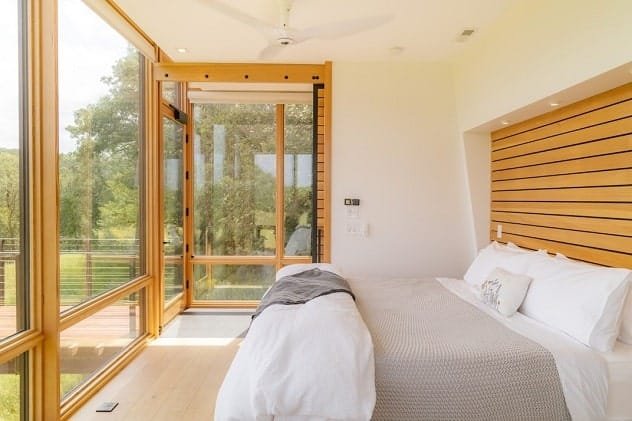With the rise of the sharing economy, Airbnb has carved out a significant niche in the hospitality industry, transforming the way people travel and interact with accommodations. Becoming an Airbnb owner can be a lucrative venture if managed effectively. It involves understanding the business model, preparing your property, navigating legalities, maximizing visibility, and enhancing guest experiences. In this article, you’ll uncover the secrets to becoming a successful Airbnb host. Keep reading to learn everything from market research to efficient management practices.
Preparing Your Property for Airbnb Guests: Essentials and Extras
Preparing your property for guests goes beyond mere aesthetics; it’s about creating an experience that would earn rave reviews and repeat bookings. High-quality basics are non-negotiable. This includes a clean environment, comfortable bedding, functioning utilities, and WiFi. These essentials form the foundation of guest satisfaction and should be prioritized before considering additional bells and whistles.
After covering the essentials, consider adding unique extras like a coffee machine with local beans or smart home technology to enhance your Airbnb. Focus on amenities that appeal to your target audience and highlight your property’s distinct features. A quick Google search for “Airbnb profit analyser” can lead you to a useful tool for estimating potential revenue. It offers a clearer understanding of expected earnings by factoring in costs, local competition, and average occupancy rates.
Photographs play a pivotal role in marketing your Airbnb, so invest in professional photography that showcases the best aspects of your space. Well-lit, high-resolution images that invite potential guests to imagine themselves in your property are key to getting clicks and bookings. Include images of those special extras and thoughtful touches that depict the quality and character of your Airbnb.
Additionally, crafting a clear and comprehensive house manual is an essential step. This should include instructions for appliances, recommendations for local eateries and attractions, and any house rules that guests need to follow. Not only is this a convenience for your guests, but it can also protect your property and reduce misunderstandings.
Navigating Legal Requirements and Insurance for Airbnb Hosts
Before becoming an Airbnb host, it’s vital to understand the legal landscape. Depending on your location, there may be specific regulations pertaining to short-term rentals, including zoning laws, licensing requirements, and tax obligations. Often, cities cap the number of days per year a property can be rented out, so be sure to research and comply with local laws to avoid fines and penalties.
Insurance is another crucial consideration for Airbnb hosts. Regular homeowners’ insurance may not cover the unique risks associated with short-term rentals, such as property damage by guests or liability for accidents. Airbnb provides a Host Protection Insurance program, but it’s advisable to review this policy and consider additional coverage for comprehensive protection.
Engaging with your community is equally significant. Neighbors may have concerns about noise, safety, or the constant flow of strangers. Being proactive in communicating with them and assuring that you’ll manage your property responsibly can preempt complaints and conflicts. This includes setting clear rules for guests regarding noise and being responsive to any issues that arise.
In addition to the legal aspects, keeping accurate records is essential for managing your Airbnb business effectively. This includes tracking expenses, income, guest information, and correspondence. Such diligence not only ensures compliance with local regulations but also provides valuable insights for optimizing your rental and tax purposes.
Enhancing Guest Experience and Managing Your Airbnb Efficiently

Positive guest experiences are crucial for a successful Airbnb business, as they lead to repeat stays and top reviews. Go beyond basic hospitality by personalizing guest interactions, such as leaving a handwritten welcome note or offering recommendations tailored to their interests. Small, thoughtful gestures can leave a lasting impact on guest sentiment.
Incorporating technology can help streamline management tasks and enhance the guest experience. Automate the booking process with scheduling software, use quick messaging tools for communication, and manage cleaning and maintenance with dedicated apps. By leveraging the right technology, you can save time while ensuring a high standard of service.
Encourage guests to leave reviews by following up with a thank you message and a review request after their stay. A portfolio of positive reviews enhances your listing’s appeal and builds credibility as a host. Respond to all reviews, both positive and negative, with professionalism and gratitude, showing your commitment to guest satisfaction. Additionally, create a guestbook or database of past guests (with permission) and offer exclusive deals to foster repeat business and build loyalty.
Altogether, becoming a successful Airbnb owner requires careful planning, legal compliance, and a commitment to enhancing the guest experience. By focusing on property preparation, efficient management, and fostering positive relationships, you can build a profitable and sustainable Airbnb business.
